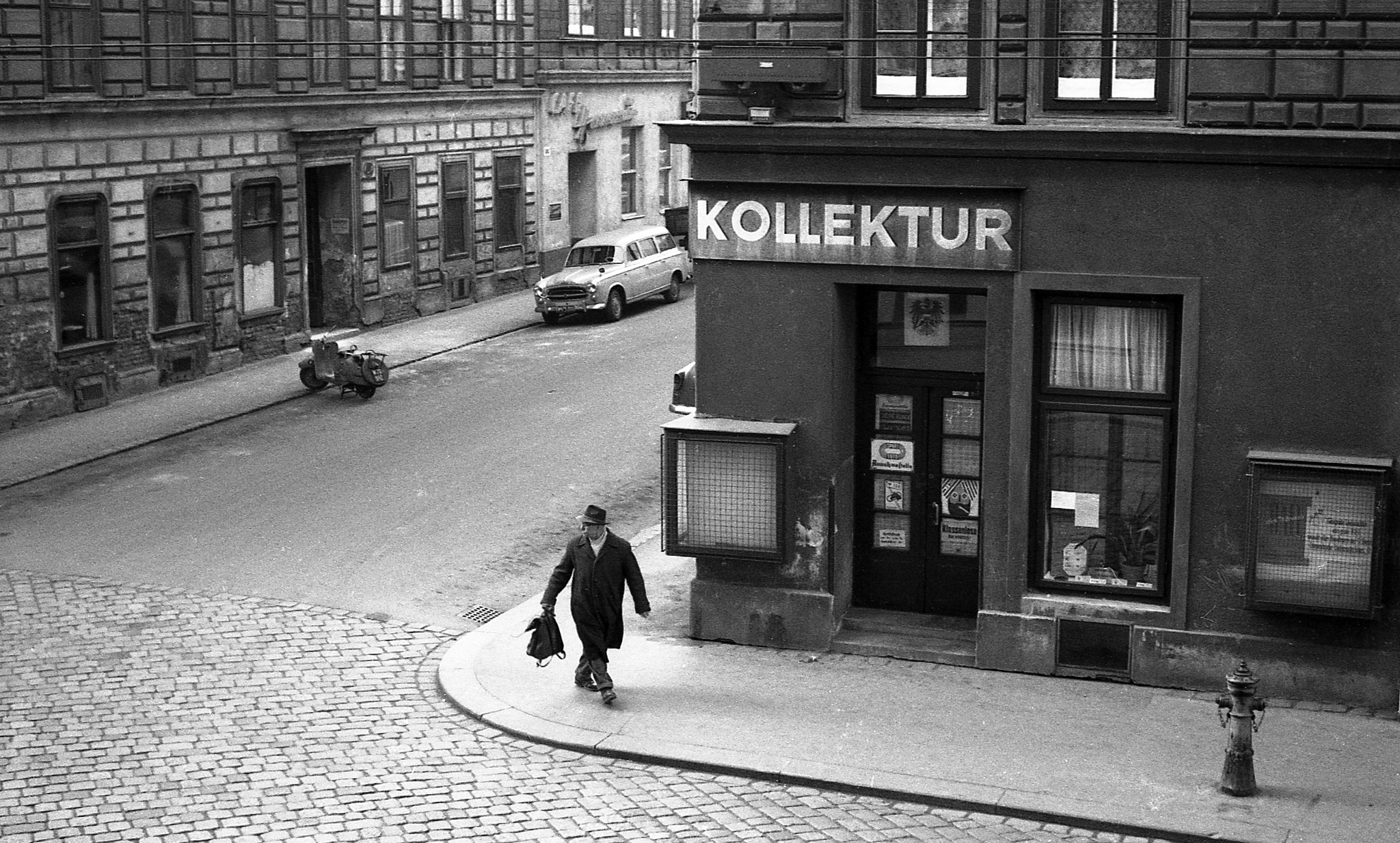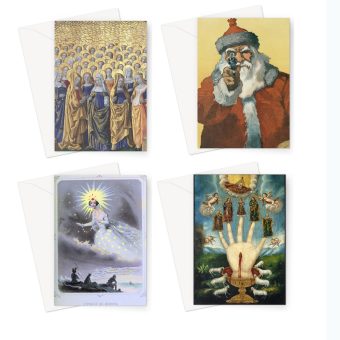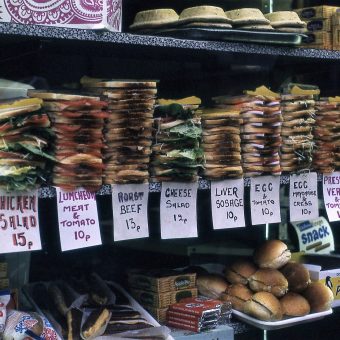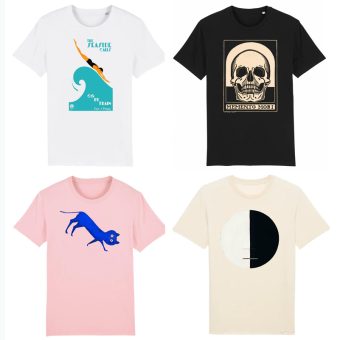Libby Hall (1941-2023) was a friend. When she died last year at age 81, she let behind an archive that speaks of her talent as a street and press photographer, writer and collector, most notably of vintage dog photographs which now live at London’s Bishopsgate Institute. “Mine has been a good life measured out in dogs,” she wrote in her memoir.
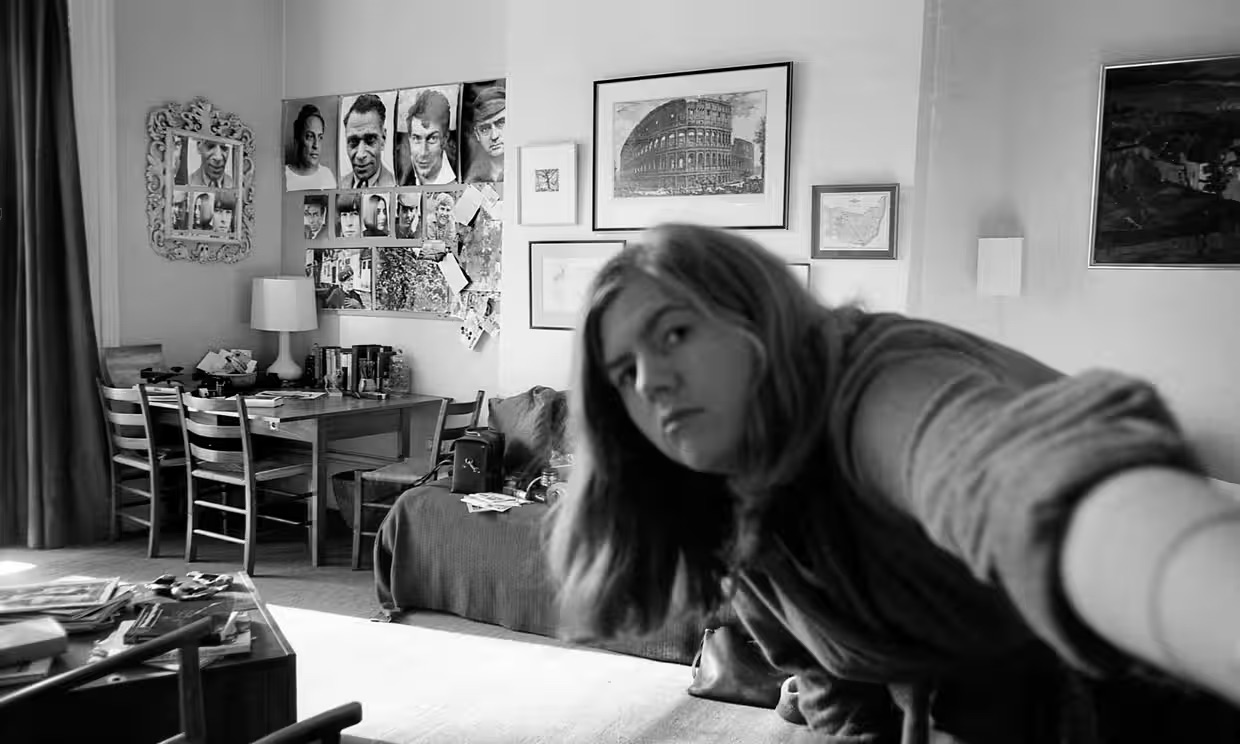
Libby learnt photography by reading Popular Photography magazine and experimenting with the Box Brownie she got as her seventh birthday. After leaving the Rudolf Steiner school in her native New York at 16, she worked in the photo lab at Life magazine, then at Village Voice as distribution manager. At 18, Libby moved to Vienna in 1959. She befriended photojournalist Walker Evans, who was happy to help develop her technique.
And then to England, to Suffolk in the mid 1960s to work at AS Neill’s Summerhill school. Her pictures of life in the Engineer pub in Leiston in 1966 are among the first of her work we featured here.
Around that time she began work as a press photographer for the Daily Worker (now the Morning Star) and met the political cartoonist and photographer Tony Hall. They settled in Clapton, east London, in 1967 and married in 1973.
After Tony’s death in 2008, Libby, aware of her own diagnosis with end-stage idiopathic pulmonary fibrosis in 2017, had “STOP! DO NOT RESUSCITATE, LIVING WILL EXTANT” tattooed on her chest.
When we last spoke, her vim and love of life apparent.
“Hi Paul, I am still here well past my expected demise (from Idiopathic pulmonary fibrosis). Here, but now with very little stamina… I remember how pleased I was by your liking one of my favourite photographs (of Liverpool Street Station – and the pigeon!) I have very much enjoyed looking at Flaskbak again.”
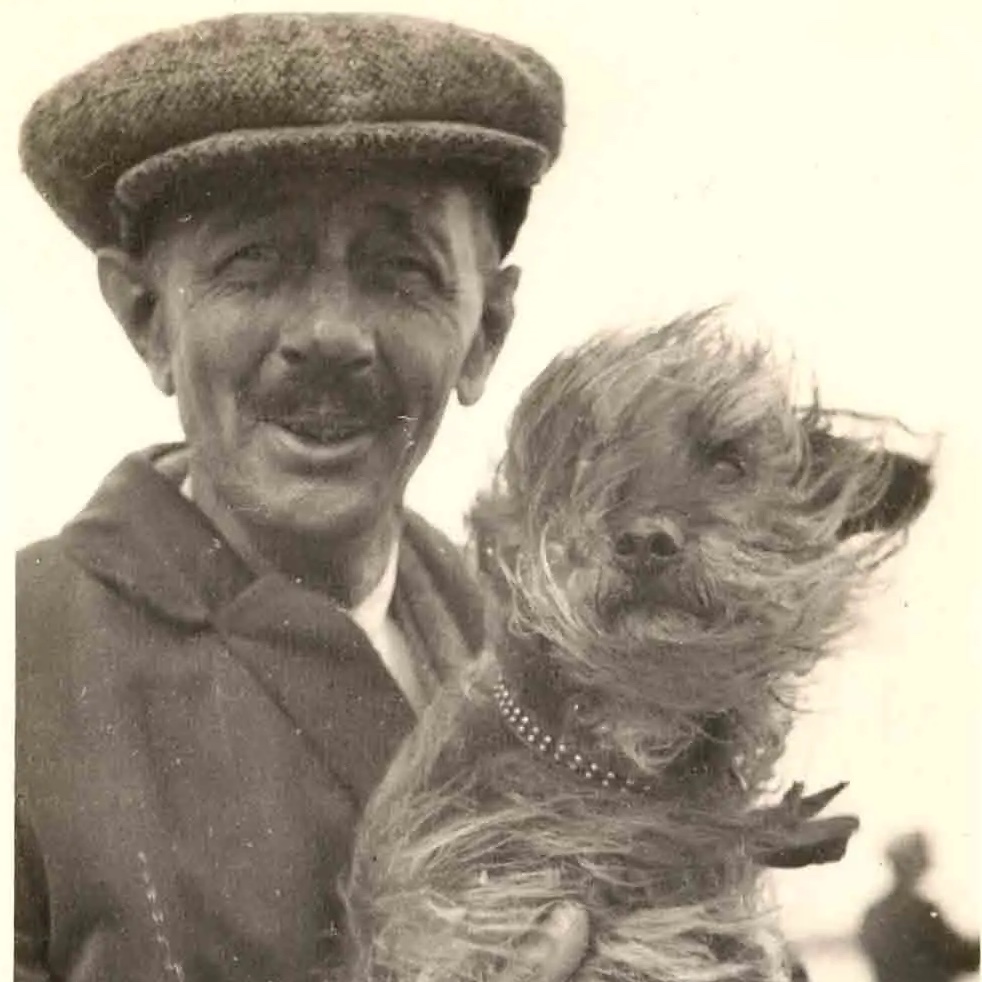
We’ll end with what he said about collecting and how it combined her love for photographs and dogs:
“My husband Tony and I used to go to Kingsland Waste, where we had a friend who did house clearances, and in those days they sold old photo albums and threw away the pictures. So I used to rescue them and I began sorting out the dogs – because I always liked dogs – and it became a collection. Then I started collecting properly, looking for them at car boot sales and auctions. And eventually a publisher offered me an advance of two thousand pounds for a book of them, which was fantastic, and when each of my books was published I just used the royalties to buy more and more photographs. I had a network of dealers looking out for things for me and they would send me pictures on approval. They were nineteenth century mostly and I only collected up until 1940, because I didn’t want to invade anyone’s privacy. Noboby was interested until my first book was published in 2000, and afterwards people said I had shot myself in the foot because everybody started collecting them and they became very expensive, but by then I had between five and six thousand photographs of dogs.
“Dogs have always been powerfully important to me, I’ve lived with dogs since the beginning of my days. There’s a photo of my father holding me as baby in one arm and a dog in the other – dog’s faces were imprinted upon my consciousness as early as humans, and I’ve always lived with dogs until six weeks ago when my dog Pembury died. For the last month, friends have been ringing my bell and there’s only silence because he doesn’t come and I open the door to find them in tears. It was an intense relationship because it was just the two of us, Pembury and me, and as he got older he depended on me greatly. So it is good to have my freedom now but only for a little while. At one point, we had three dogs and four cats in this house. We even had a dog and a cat that used to sleep together, during the day they’d do all the usual challenging and chasing but at night they’d curl up in a basket.
“When I was eleven, I wanted a dog of my own desperately, I’d been campaigning for five years and I wanted a cocker spaniel. My father contacted a dog rescue shelter in Chester, Connecticut, and they said they had one. But as we walked past the chain link fence, there was a dog barking and we were told that it was going to be put down the next morning. Of course, we took that dog, even though he wasn’t a cocker spaniel. We wondered if they always told people this, but Chester and I were inseparable ever after.”
Libby Hall (1941-2023). See more of her great work here.
Would you like to support Flashbak?
Please consider making a donation to our site. We don't want to rely on ads to bring you the best of visual culture. You can also support us by signing up to our Mailing List. And you can also follow us on Facebook, Instagram and Twitter. For great art and culture delivered to your door, visit our shop.
